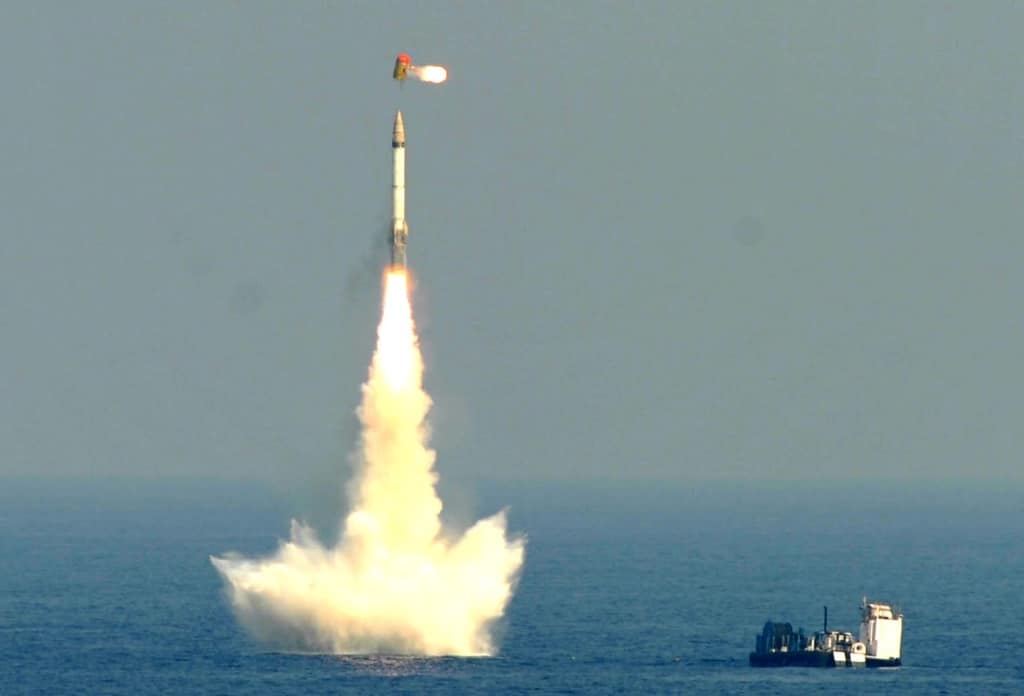SOURCE: AFI

A new report by the Stockholm International Peace Research Institute (SIPRI), a leading arms control think tank, has challenged a long-held assumption about India’s nuclear arsenal. The report suggests that India may have begun a practice known as “mating” – storing nuclear warheads with their delivery systems (missiles or bombers) during peacetime.
Mating nuclear warheads with delivery systems significantly reduces the warning time before a potential nuclear launch. This can heighten tensions and increase the risk of accidental or unauthorized use of nuclear weapons. Traditionally, both India and China were believed to keep their warheads separate from launchers during peacetime, providing some buffer in case of a crisis.
The report cites India’s recent advancements in missile technology as potential indicators of a shift towards mating. These advancements include:
- Canisterization: Deploying missiles in canisters allows for faster and easier mating with warheads.
- Sea-Based Deterrence Patrols: The operationalization of nuclear submarines on patrols suggests a move towards a more readily deployable nuclear arsenal.
The SIPRI report acknowledges the lack of definitive confirmation regarding India’s mating practices. However, the possibility itself raises concerns about potential destabilization in the region.
SIPRI’s findings call for greater transparency from India regarding its nuclear posture. Open communication and adherence to international arms control norms are crucial for maintaining regional stability. Further dialogue between India, China, and other nuclear powers is essential to establish trust-building measures and reduce the risk of unintended escalation.